Fire Prevention is so extremely important, we must keep the spotlight on awareness all year long. This year's past campaign, the 101st celebration sponsored by the National Fire Protection Association (NFPA), carried the potent theme: "Cooking safety starts with YOU! Pay attention to fire prevention!™."
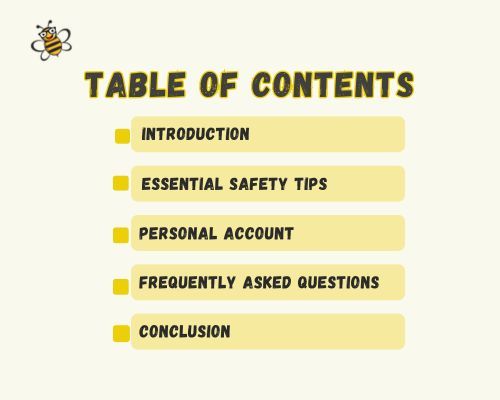
In this blog, we delve into fire safety's significance, look into practical prevention tips, and share a touching narrative to underscore the imperative of vigilance and readiness.


Firemen on left training for kitchen fire; on right is a woman with a pot on fire on her stove.
Cooking, a daily routine for most, is also the principal cause of home fires. In fact, nearly half of all such fires involve cooking equipment. If you need to update your kitchen fire extinguisher, see our article on the best kitchen fire extinguishers.
Fire safety, a topic of paramount importance, profoundly impacts our homes and loved ones. Fire Prevention Week serves as a stark reminder of the destructive consequences fire-related accidents can trigger.
Check out our article about the essential steps you can take now to safeguard your home from fire!
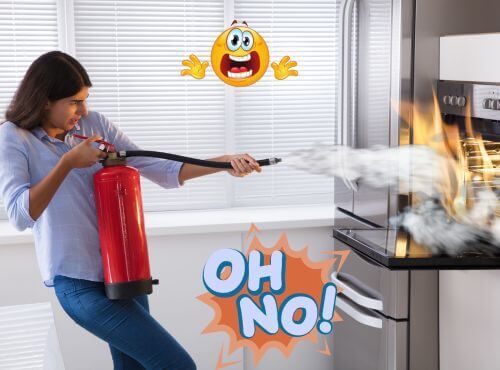
Essential Cooking Safety Tips to Prevent Unwanted Kitchen Fires
The 2023 theme underlined our intricate role in averting fires, especially cooking-related ones. As NFPA statistics reveal, unattended cooking is a significant factor in home fires and injuries.
Here is a short message from Beth Graham, Director of Quality, Research and Training, with Safety Partners:
The good news is that most cooking fires are preventable. Cooking safety tips that support this year’s FPW theme include:
Always keep a close eye on what you’re cooking and stay in the kitchen as much as possible. For foods with longer cooking times, set a timer to help monitor them carefully.
Keep anything that can catch fire such as oven mitts, wooden utensils, food packaging, and paper towels away from the stovetop.
Keep children and pets at least three feet away from the cooking area and anywhere else hot food or drink is being prepared or carried.
Turn pot handles to the back of the stove and keep a lid nearby when cooking. If a small grease fire starts, slide the lid over the pan and turn off the burner. For an oven fire, turn off the heat and keep the door closed.
If you have any doubts about fighting a fire, get out! Close the door behind you to help contain the fire. Call 911 or other local emergency number from outside your home.
For additional information visit NFPA’s FPW website or contact us.
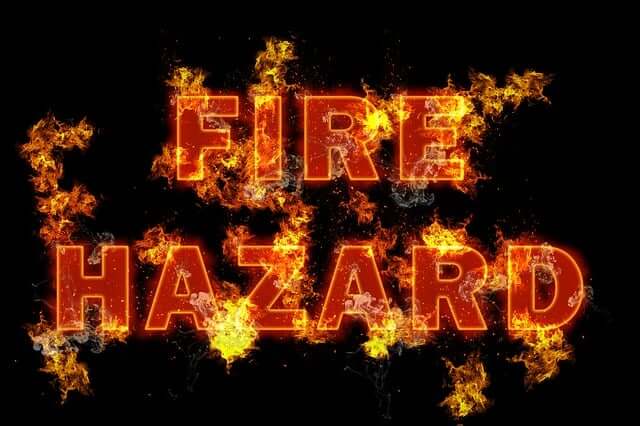
A Personal Account: A Harrowing Encounter with an Unforeseen Fire
There are moments in life that etch themselves into your memory, as clear and vivid as a photograph. Unforgettable, these moments can change the course of your life forever.
One such moment happened to me when I was just ten years old. A day that started off like any other, turned into a nightmare that haunts me to this day.
My beloved grandfather Peat, a farmer by trade and a smoker by choice, was the central character of this tragic tale. He was not just a farmer, but a man who epitomized hard work, resilience, and love for his family. On that fateful day, my parents and I were visiting him and my grandmother. The women were busy cleaning up after lunch while Granddad and I were enjoying a quiet moment in the den.
I was dozing off on the couch when a horrifying scene unfolded before my eyes. My grandfather, in an unfortunate accident, had spilled lighter fluid all over himself while attempting to refill his lighter. When he sparked the lighter, his clothes erupted into flames. The sight of him, helplessly trying to reach the kitchen for help, is seared into my memory.
His cries for help still echo in my ears, and I can still see him standing over me in flames. My mother and grandmother rushed to his aid, managing to extinguish the fire. But the damage was done. His body was gravely injured, and we rushed him to the hospital. His condition was so severe that he was transferred to a burn center at a teaching hospital three hours away, where he fought for his life for several weeks.
He never recovered and despite his courageous fight, my grandfather succumbed to his wounds months later. This personal tragedy serves as a stark reminder of how swiftly lives can be altered by accidental fires.
I share this heart-wrenching story not to sadden you, but to underscore the importance of fire safety. Accidents can happen in an instant, changing lives forever. Therefore, I implore you all, please take all necessary precautions to safeguard yourselves, your loved ones, and your homes from the devastation of fire.
Although my story doesn't revolve around a cooking fire, it's important to acknowledge that such incidents can occur suddenly, resulting in significant harm to both belongings and cherished individuals.
Remember, being careful takes only a moment, but its impact can last a lifetime. Let's learn from these painful experiences and ensure our safety and that of our loved ones. After all, every life is precious and worth protecting.
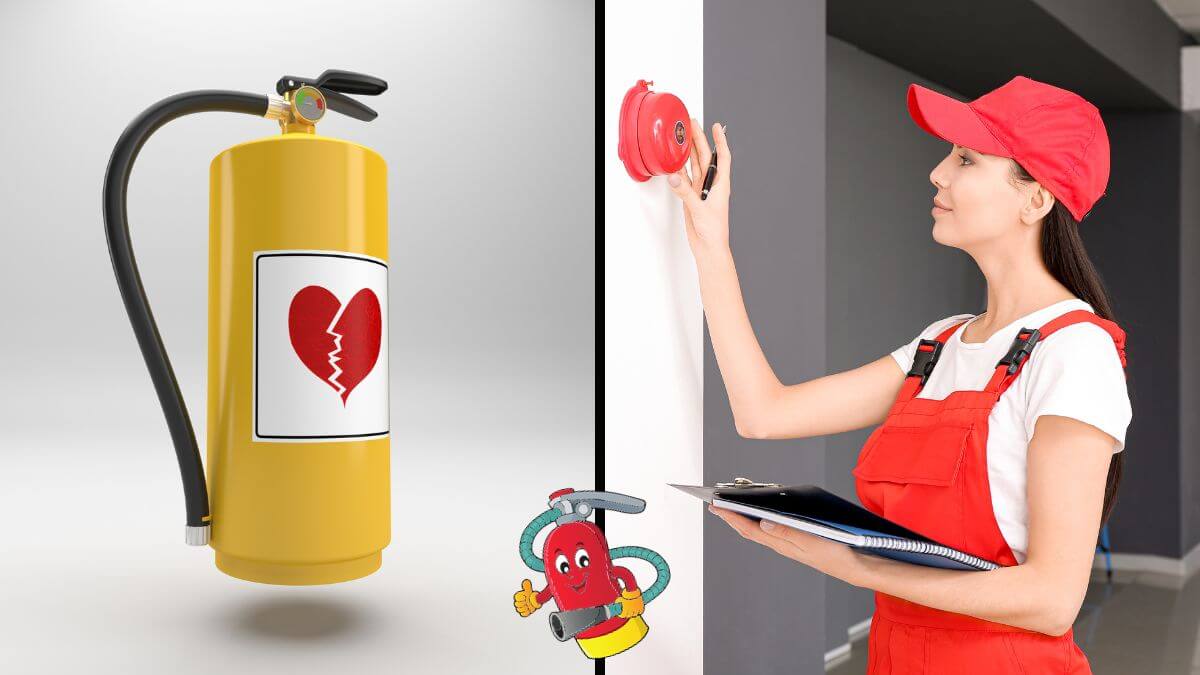
Frequently Asked Questions about Fire Prevention
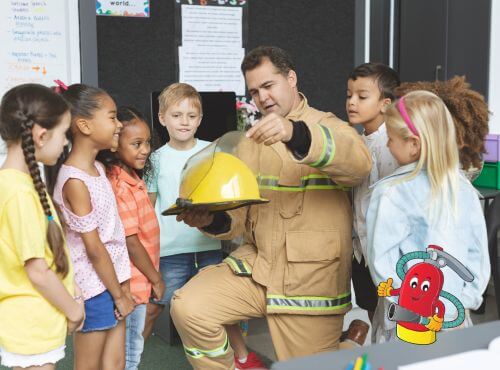
How important are smoke alarms?
Smoke alarms are crucial as they provide an early warning of fire, giving individuals extra time to escape, particularly during the night or in instances where the fire spreads rapidly. Their importance cannot be overstated as they can drastically lower the risk of fatalities in residential fires.
How often should a smoke alarm be checked?
Smoke alarms should be tested at least once a month to ensure they are functioning correctly. Additionally, the batteries should be replaced once a year, and the entire unit should be replaced every 10 years.
How many working smoke alarms should we have in our homes?
Ideally, there should be at least one smoke alarm installed on every level of your home, including the basement. It's also recommended to fit one in each bedroom, and outside sleeping areas for maximum safety.
Is it easy to install smoke alarms?
Yes, installing smoke alarms is relatively straightforward. They come with instructions and usually require simple tools like a drill and screwdriver, making it a feasible DIY task for most homeowners.
Why is Fire Prevention Week celebrated each year?
Fire Prevention Week is celebrated to raise awareness about fire safety and prevention. It serves as a reminder for people to take necessary precautions and measures to prevent fires from occurring and causing harm.
It also honors the lives lost and those affected by fires, emphasizing the importance of fire safety in our daily lives.
Remember, your local fire department is your first responder when facing a home fire. Always show them your appreciation for their work.
What event caused Fire Prevention Week to be established?
Fire Prevention Week was established in commemoration of the Great Chicago Fire, a catastrophic event that occurred on October 8, 1871, and resulted in widespread destruction and loss of life. This notable event underscores the devastating potential of fires and the importance of prevention and safety measures.
What are the three things a fire needs?
A fire needs three things to ignite and sustain: heat, fuel, and oxygen. These elements form the "fire triangle," and removing any one of them can extinguish a fire.
What does 5 5 5 mean to a firefighter?
The term "5 5 5" holds a significant meaning for firefighters. It is a traditional bell code (Tolling of the Bells) that signifies a firefighter's end of duty, often used in commemoration ceremonies of firefighters who have lost their lives in service.
What is a Class A fire?
Class A fires involve ordinary combustible materials, such as wood, paper, or cloth. These fires are typically extinguished using water or monoammonium phosphate, a type of dry chemical.
What is the golden rule of fire?
The golden rule of fire is ensuring safety first and foremost. It emphasizes the importance of rapid evacuation, alerting others, and calling the fire department immediately upon discovering a fire instead of trying to extinguish it without professional help. "If in doubt, get out, stay out, and call the Fire Brigade immediately."
What does a 3-alarm fire mean?
A "3-alarm fire" refers to the level of response from the fire department, with each "alarm" correlating to a specific number of fire units (firefighters, trucks, equipment) dispatched. Therefore, a 3-alarm fire is a serious incident that requires significant resources and personnel to control.
What does a 2-alarm fire mean?
A "2-alarm fire" is a term used to signify the level of response from local fire departments, indicating that two units (each unit consisting of firefighters, a truck, and equipment) have been dispatched to the scene. The number of alarms can increase with the seriousness of the fire, necessitating more resources and personnel.
What are some quick tips for fire safety?
Some quick tips for fire safety include regularly checking and maintaining smoke detectors, having a well-prepared and rehearsed evacuation plan, and keeping flammable materials away from sources of heat. It's also crucial to never leave cooking or other open flames unattended.

National Fire Prevention Week always serves as a beacon, illuminating the path to safer homes and communities. It helps us raise fire safety awareness and acknowledge the immense responsibility we hold in protecting ourselves and our loved ones from the devastating effects of fire accidents all year long.
The story we've shared today is a stark reminder of how swiftly lives can be changed by fire's unforgiving grasp. As we celebrated this year's Fire Prevention Week in October, let us take these lessons to heart and make a commitment to prioritize fire safety in our daily lives.
By doing so, we can ensure that our homes remain places of security and warmth, shielded from the tragedy that fire can bring.
Together, let's take action, spread awareness, and make every week Fire Prevention Week in our hearts and homes. Here's an article on the best home fire extinguishers you might want to read if you need to update yours.
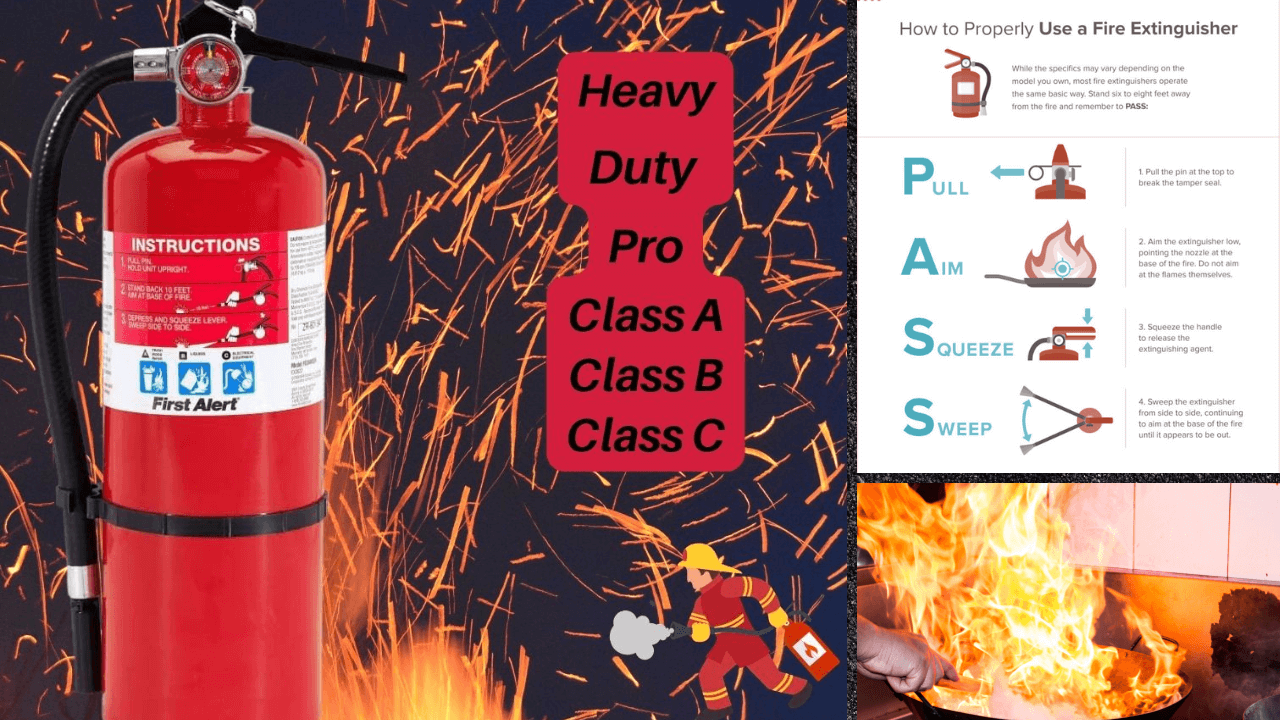
Thanks for stopping by our bee hive and reading about National Fire Prevention Week!

Bertie
Before you leave, if you haven't already done so, please subscribe so you will be the first to see reviews you can rely on.











Member discussion